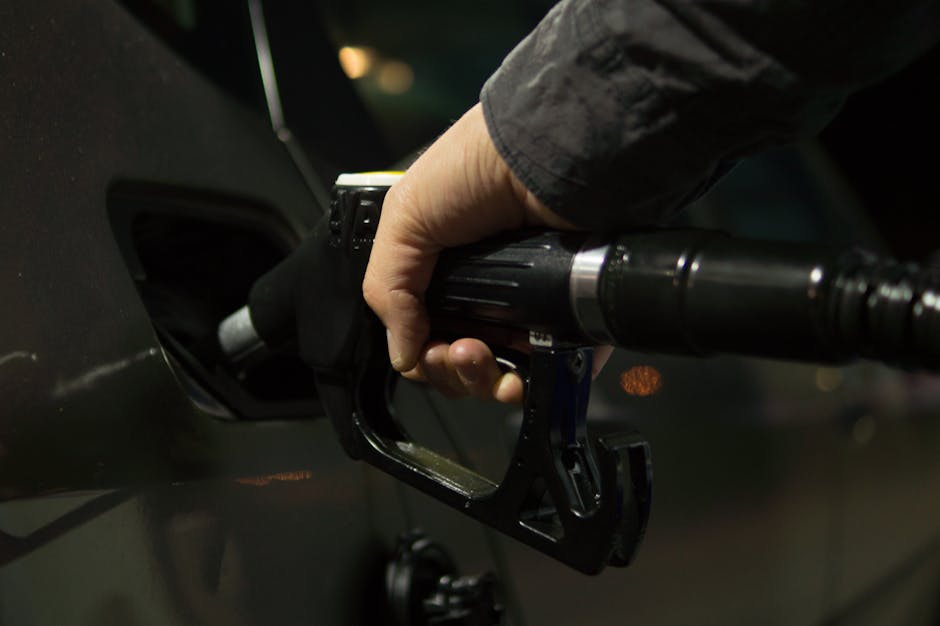Regulating Body
Conventional pollutant emission limits
Categories
History
The Clean Fuels Outlet (CFO) program aims to provide clean, alternative fuels for use in vehicles in California. The CFO program began in 1990 and was originally designed to provide methanol, ethanol, and compressed natural gas at an appropriate number of fueling stations once a certain number of vehicles using that fuel were certified in California to the Low Emission Vehicles (LEV) standard. The CFO program is part of California’s Advanced Clean Cars program, which includes alternative fuels, zero emission vehicle (ZEV) requirements, vehicle emissions labels, and both smog (conventional pollutant) and greenhouse gas (GHG) emission limits for light-duty vehicles.
The program was amended in 2000 to improve the implementation of the Clean Fuels Regulations and to reflect the state of the alternative fuels vehicle market.
A proposed update to the rule was originally issued in December 2011, and then re-noticed in February 2013. The proposed update expands the CFO regulation to facilitate hydrogen fueling stations.
Program Details
The Clean Fuels Regulations require certain owners/lessors of gasoline stations to equip a number of their stations to provide a designated clean fuel if 20,000 or more vehicles are certified in California to a LEV standard on a clean alternative fuel. Once the 20,000 vehicle mark is reached for a specific fuel, the number of required CFOs and the affected owners/lessors of gasoline stations are determined. The determination is based on a formula for estimating demand for alternative fuel at gas stations.
Affected owners/lessors may comply with their clean fuel outlet requirements in any of three ways:
- Owners/lessors who own existing fueling facilities that meet the CFO criteria may use those facilities to meet their obligation to equip CFOs.
- Owners/lessors may also elect to equip new CFOs.
- Constructive allocation may be used. This is when owners/lessors enter into agreements with individuals who own existing qualifying clean fuel facilities to allow those facilities to be used exclusively by the affected party to meet the CFO requirements.
All clean fuel outlets must meet specific amenity and public accessibility requirements.
CARB is required to notify affected gasoline retailers 14 months before CFOs are required. CFOs must in operation by 1 May of the required year.
The CARB informative digest provides details on the amendments adopted in 2000.
2013 Proposal
On 8 December 2011, the California Air Resources Board (CARB) proposed an update to the CFO regulation to facilitate hydrogen fueling stations through the changes listed below; the proposal was re-noticed in February 2013. In addition to the regulatory approach, CARB continues to work directly with stakeholders to develop a voluntary alternative agreement. The CFO is part of CARB’s overall program of promoting clean cars and advanced technology ZEVs.
Specific changes would:
- Add a trigger of 10,000 vehicles in an air basin in addition to the existing 20,000 vehicle state-wide trigger (proposed section 2303.5); Note that the existing 75% discount for fleet vehicles would be continued due to expected central refueling (section 2303.5);
- Lower the “sunset” clause from fuel availability at 10% of statewide fueling outlets to 5% of fueling outlets of about 9700 total statewide (proposed section 2318);
- Place the compliance obligation on fuel refiners/importers by market share rather than retail stations (proposed sections 2306.1, 2309);
- Impose a penalty if the CFO is triggered based on automaker Fuel Cell Electric Vehicle (FCEV) projections but automakers significantly underperform (proposed 2315(d));
- Extend the planning horizon for clean fuels outlets (proposed 2307(e));
- Add station requirements such as requiring SAE J2601 “Fueling Protocols for Light Duty Gaseous Hydrogen Surface Vehicles” (proposed sections 2302, 2309);
- Study whether the regulation should apply to public chargers for plug-in electric vehicles (proposed section 2302).
Links
Regulatory Documents
- Clean Fuels Program, as amended in December 2000.
- CARB informative digest, 2000
- 2013 Proposal, February 2013
Regulatory agencies
California Air Resources Board, Clean Fuels Outlet Regulation website
Additional Resources
California Air Resources Board Proposed Regulation – Clean Fuels Outlet, ICCT briefing, December 2011

